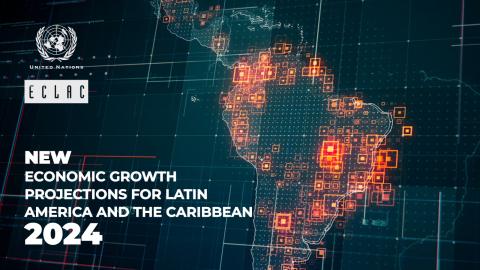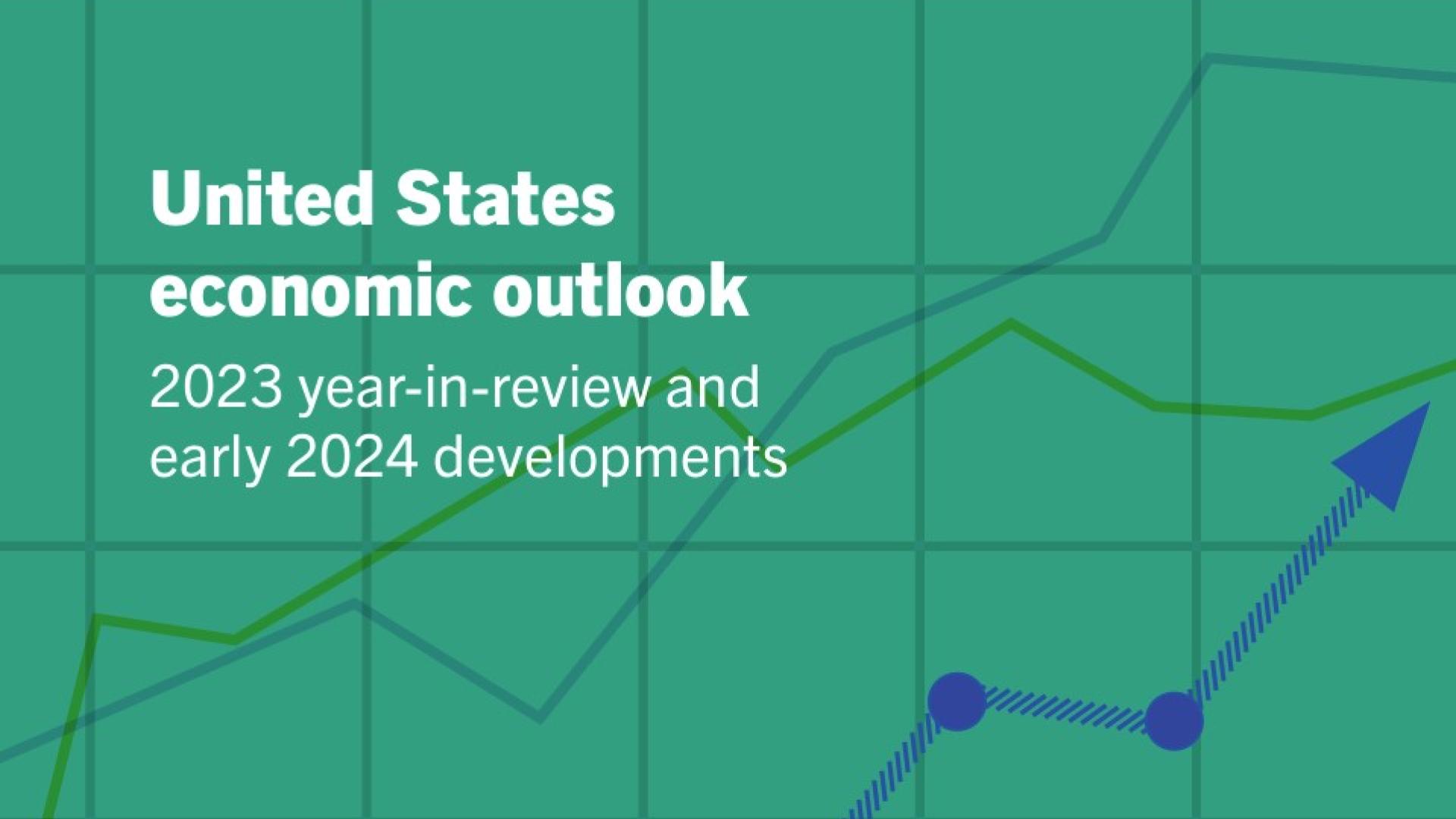Press Release
(26 July 2011) "UNASUR (Union of South American Nations) has shown signs of huge political, cultural and technical maturity, and of solidarity with vulnerable countries such as Haiti" - these were the words of the Executive Secretary of the Economic Commission for Latin America and the Caribbean (ECLAC), Alicia Bárcena, speaking today to present the book UNASUR: A development and cooperation space yet to be built.
The joint document presents a series of data relating to the socio-economic issues of South America, in order to provide an overview of the similarities and asymmetries that characterize countries' situations in the subregion and affect initial conditions to implement intraregional cooperation projects.
According to Bárcena, "What emerged in the countries of UNASUR was a two-fold strategy of macroeconomic prudence and social progressivism, which has made it possible to reduce poverty and indigence in the region".
The Secretary-General of UNASUR, María Emma Mejía, reviewed the brief history of UNASUR, which was formally established on 23 May 2008 in Brasilia, and acknowledged its great capacity to resolve the recent political crises in some of its member countries.
Mejía also underlined the fact that UNASUR "beyond the political body itself, has been carrying out discreet, professional and technical work involving a huge and serious commitment from countries".
The 12 member countries of UNASUR (Argentina, Brazil, Plurinational State of Bolivia, Colombia, Chile, Ecuador, Guyana, Paraguay, Peru, Suriname, Uruguay and the Bolivarian Republic of Venezuela) represent a total of 391,841,958 inhabitants, which accounts for 68% of the population of Latin America and 5.7% of the world population (according to ECLAC projections and estimates).
The GDP of UNASUR represents 5.9% of world GDP, measured in purchasing power parity (PPP). Per capita GDP is just over 10,000 dollars PPP.
Although the Gini coefficient (that measures inequality) fell by 9% in 10 UNASUR countries between 1999 and 2009, the region remains the most unequal in the world, stated Bárcena.
Another distinctive characteristic of the UNASUR region is that its tax burden (22.9% of GDP) is considered low in comparison with developed economies (36.2% in countries of the Organisation for Economic Co-operation and Development, OECD), and high in relation to Central American countries.
Bárcena explained that the hikes in most commodity prices since 2010 have benefited UNASUR countries, yet they have also created major economic policy dilemmas, such as currency appreciation and inflationary pressures.
The most senior ECLAC official also warned of the risk of "re-primarization" of South American economies, given that 50% of the subregion's total exports are concentrated in commodities.
In the words of Bárcena, the document presented today is the first in a series of joint studies planned by the two institutions, and she mentioned at least three areas of cooperation for the short term.
First, she mentioned that ECLAC acts as Technical Secretariat for the Regional Dialogue on the Costs of International Connections and their Impact on Broadband Prices. In this context, ECLAC launched the Regional Broadband Observatory (ORBA) in May.
The institution is also helping to devise and implement the 2012-2022 Strategic Action Plan of the Initiative for the Integration of Regional Infrastructure in South America (IIRSA), which is being developed in the context of the South American Infrastructure and Planning Council, COSIPLAN/UNASUR.
The United Nations regional commission also made available to the UNASUR Defence Council its standardized methodology for the measurement of defence spending in the region.
Any queries should be addressed to the ECLAC Public Information and Web Services Section. E-mail: dpisantiago@cepal.org; Telephone: (56 2) 210 2040.
Follow us on: Twitter, Facebook, Flickr and YouTube.


